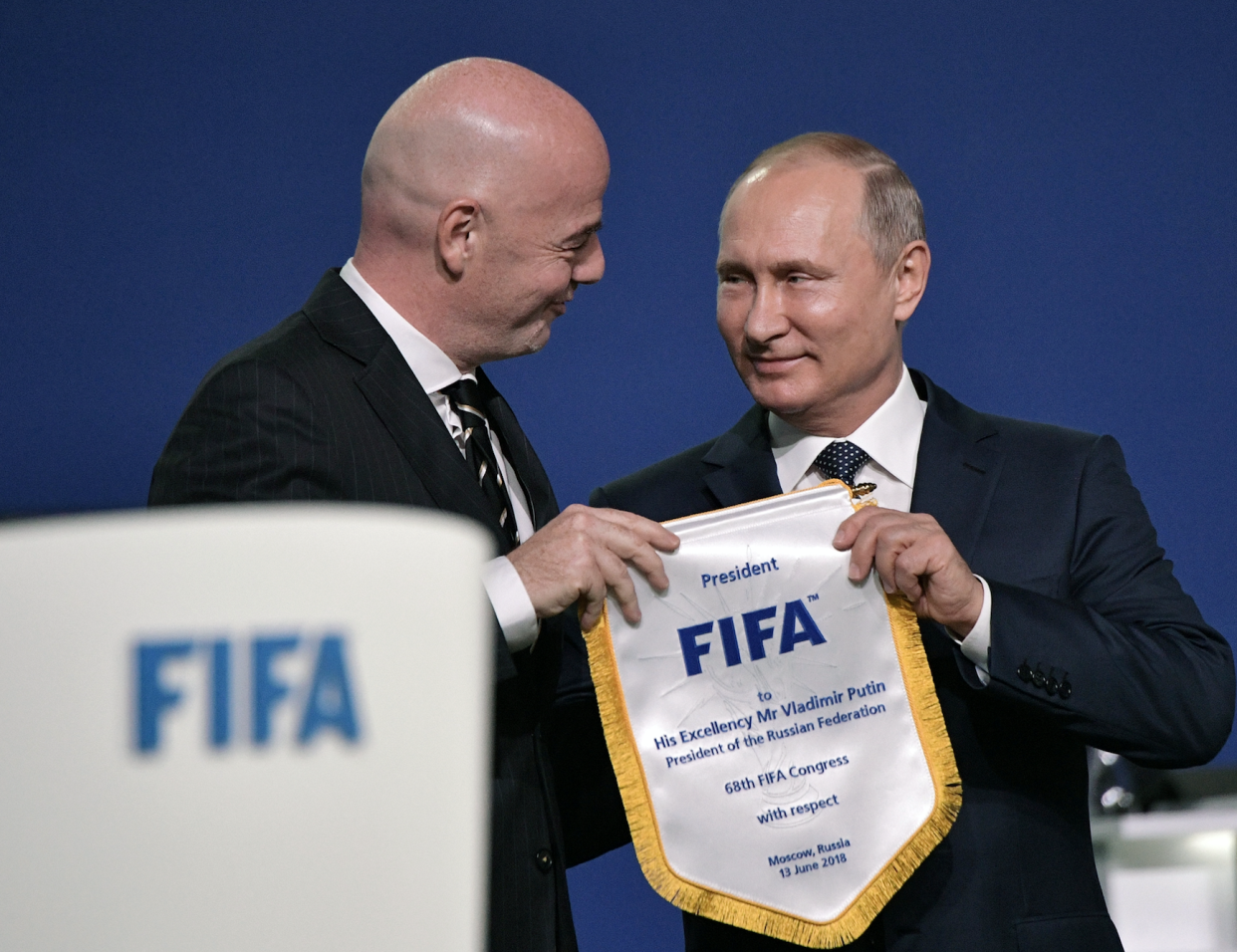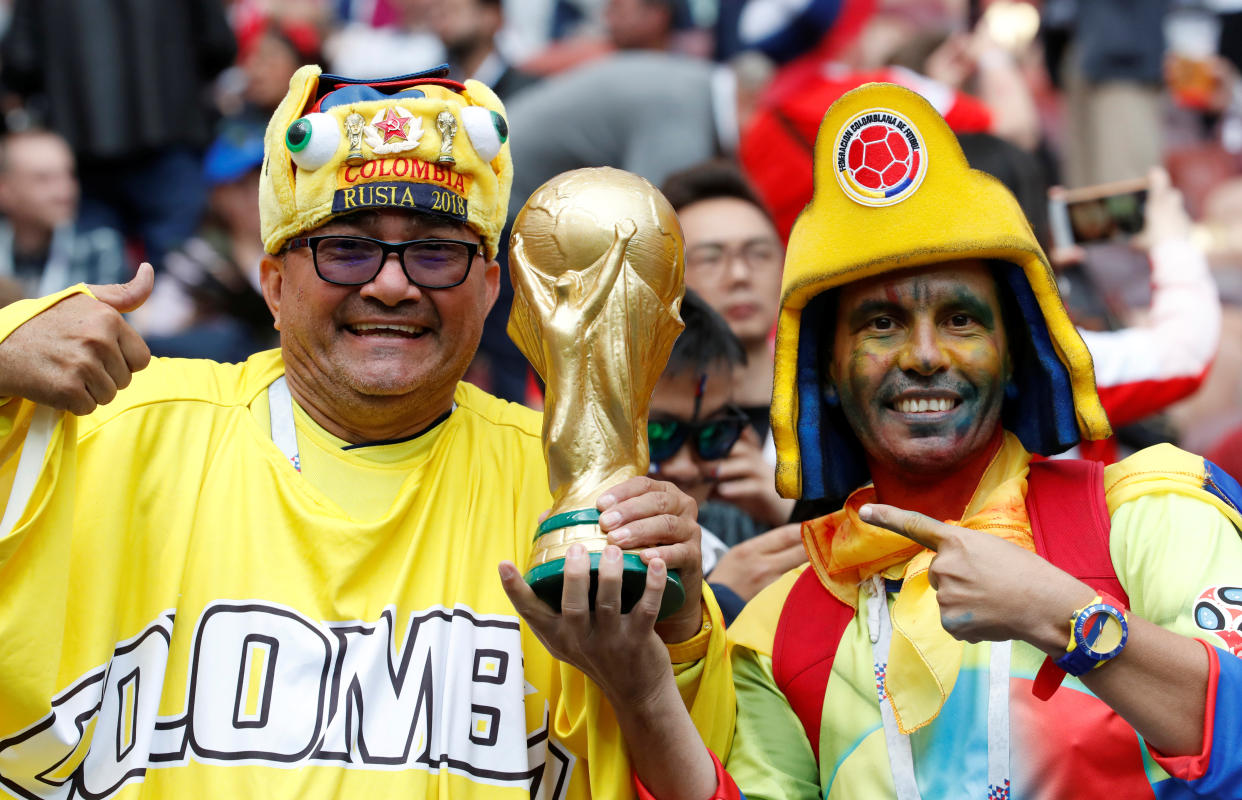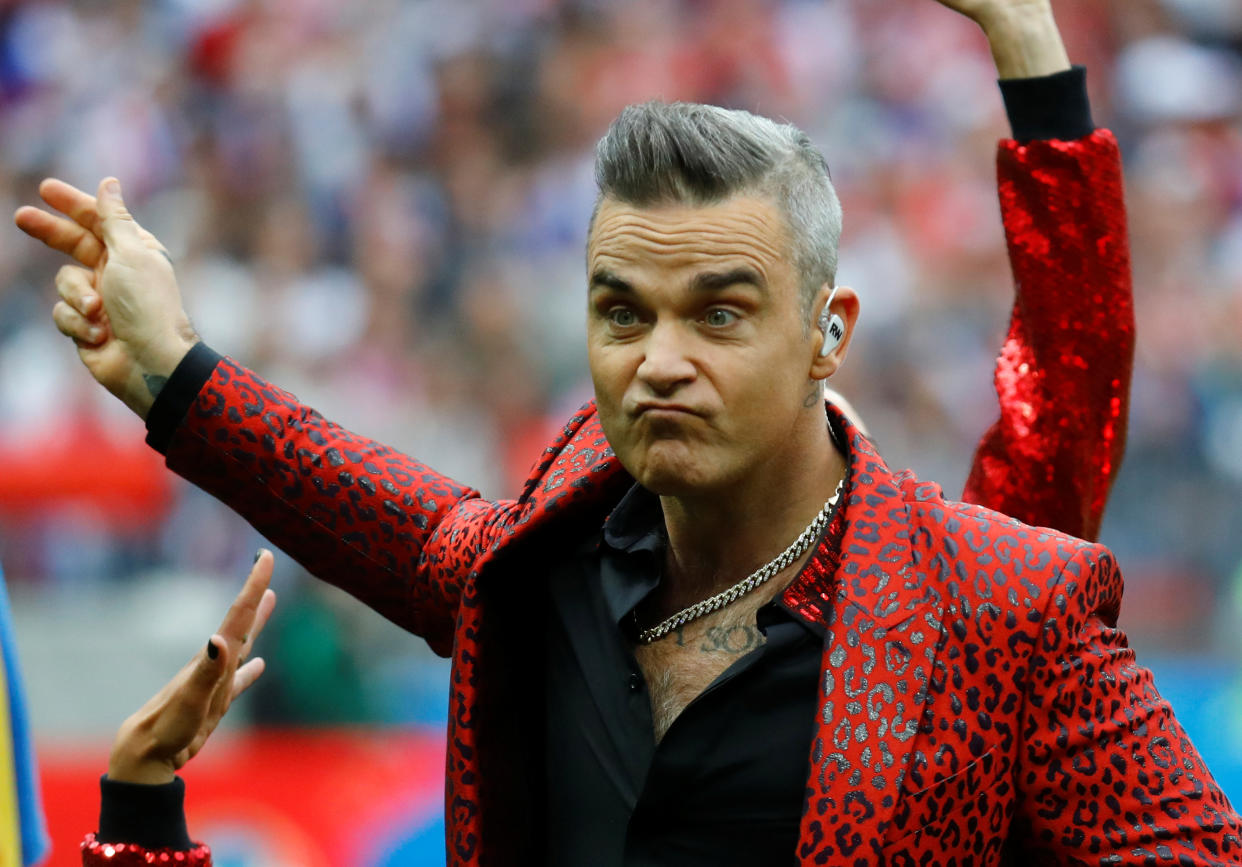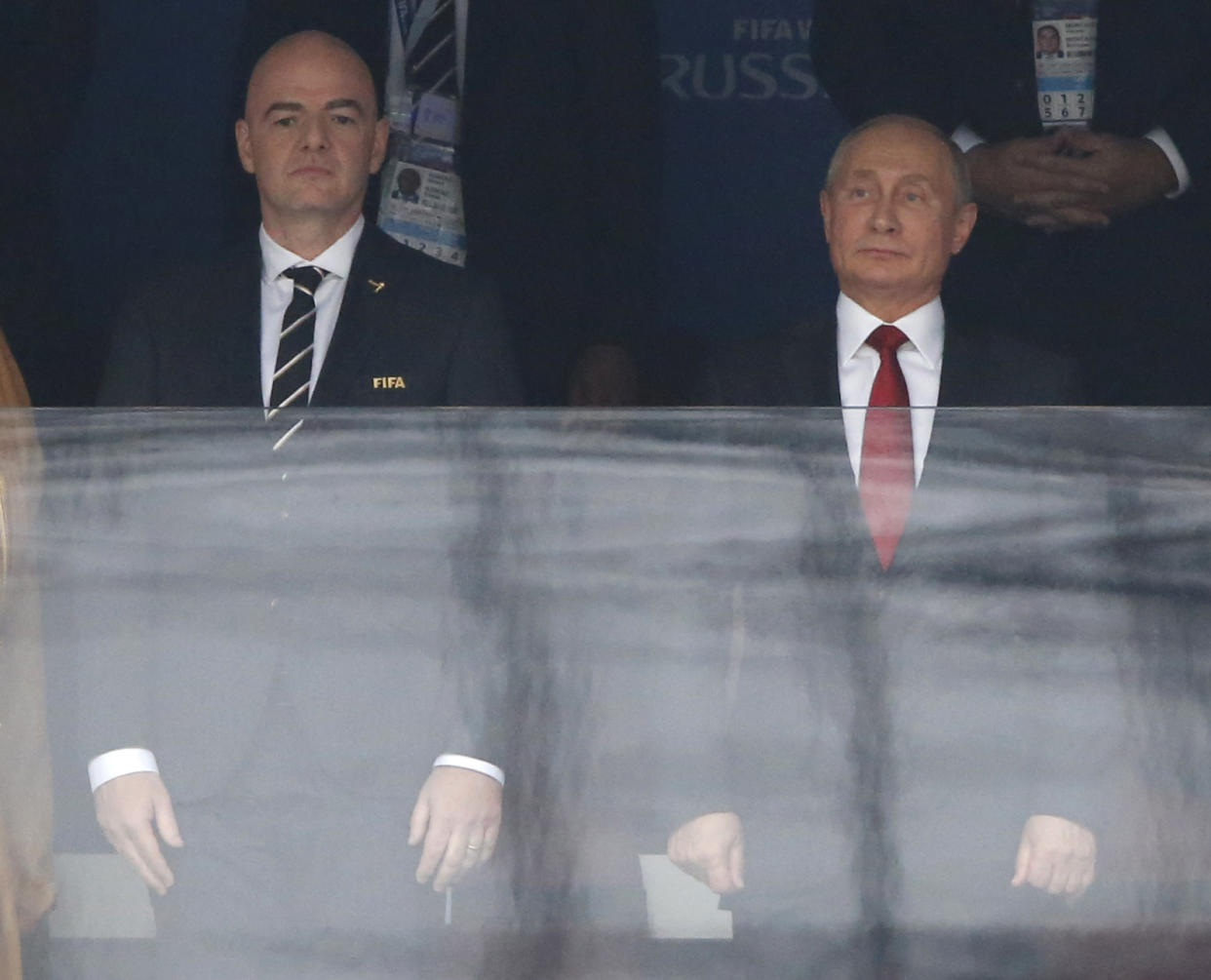Winners and losers of the 2018 World Cup in Russia

This year’s World Cup in Russia will cost more than $14 billion, making it the most expensive football competition in history. And while experts predict that the country will not achieve lasting economic benefit from its role as host, the tournament will be a boost for some individuals and groups.
Winners

Vladimir Putin
The biggest winner is Russian President Vladimir Putin. Despite detailed allegations of corruption and ethics rule breaches, Moscow stonewalled a FIFA investigation and retained its selection as host of the tournament.
Like his predecessors, Putin understands the importance of sports in showcasing Russian greatness, especially in times of geopolitical turmoil. And the last few years have seen Russia receive international condemnation for annexing the Ukrainian peninsula of Crimea, for providing the missile system that shot down a civilian airliner in eastern Ukraine, for backing the murderous regime of Syrian President Bashar Assad, for meddling in various Western elections (including the 2016 U.S. presidential race), and for poisoning a former Russian intelligence officer on British soil.
Putin projects power and prestige by hosting the world’s most popular sporting event amid a streak of increased brazenness in the international arena.

Putin’s friends
Several Russian oligarchs are making big money from the World Cup, thanks to the Kremlin assigning them state contracts. Six Russian businessmen control the companies that collected nearly $7 billion to construct or repair facilities and transportation infrastructure, according to Forbes.
However, like the corruption-riddled 2014 World Cup in Brazil, much of the transport infrastructure has yet to be implemented by the start of the games.

Soccer fans
For 32 days, an estimated 3 billion people will tune in as the world’s top soccer players compete in 64 matches across 11 Russian cities. An estimated one-and-a-half million foreign fans will attend the festivities.
Like the Olympics, the World Cup is a truly global phenomenon that draws attention from people who don’t normally watch soccer (or sports in general).

Certain airports and airlines
Countries that serve as transit points see their airports receiving a healthy boost in visitors. Spain-based travel intelligence firm ForwardKeys forecasts that among major hub airports who will experience the biggest surge in visitors will be Dubai, where 202 percent more visitors will transit before traveling on to Russia, compared to the same period last year. Paris, Frankfurt, Amsterdam and London follow as those cities expecting the biggest surges in travelers.
Losers

The West
The Financial Times explains that “Russia and its president have been handed a month-long opportunity to show that Western attempts to isolate their country have failed and that it can defy economic sanctions.” Putin will even get opportunities to network with other world leaders, including discussing global oil supply with Saudi Crown Prince Mohammed bin Salman.
“Putin wants to show that Russia is a great power back on the global stage, people around the world like it, and it can’t be isolated,” Alexander Gabuev, a senior fellow at the Carnegie Moscow Center, told FT.
As part of the response to Russian intelligence defector Sergei Skripal being poisoned with a nerve agent on British soil, the U.K. stated that no members of the royal family would attend England’s World Cup matches. Almost no one will regard that as a meaningful snub, and many more people will remember that British pop singer Robbie Williams performed at the opening ceremony.

Russia’s economy (aside from the oligarchs)
Bloomberg reports that “the Russian World Cup is inexplicably expensive when it comes to stadium infrastructure spending per seat” and “the massive effort won’t be enough to generate much of a blip in Russia’s almost $1.5 trillion economy.”
Moody’s analysts assessed that any economic benefit will be “very limited” and “short-lived.” And while Russia will experience a small uptick in tourism, even this modest benefit will decline as the host cities’ “remoteness, climate, and availability of alternative destinations will limit the tourism industry’s long-term growth potential.”

FIFA
The Fédération Internationale de Football Association has been mired in scandal after being subject to what investigative reporter Ken Bensinger described as “one of the largest and most ambitious investigations of international graft and money laundering in American history,” which exposed “decades of deep-seated rot and corruption in global soccer.”
From Besinger: “Multiple generations of FIFA administrators were brought down, accused of collectively taking hundreds of millions of dollars in bribes. In a matter of days, FIFA’s once-untouchable president, Mr. Blatter, announced that he would resign, and soon he was under criminal investigation as well. … To date, more than two dozen people and entities have been convicted of, or pleaded guilty to, racketeering, wire fraud and money laundering in the case, which continues.”
Nevertheless, keeping with the theme of the Kremlin’s disregard for international norms, Blatter will be attending this year’s World Cup at Putin’s invitation (despite a six-year ban from all soccer-related activities).
Overall, the 2018 World Cup does little to counter the notion that it is a crooked organization.

Russian residents of host cities
Residents of host cities are facing World Cup security measures that have a negative impact on their daily lives. In Yekaterinburg, Reuters reported that residents were suddenly cut off from the main access road, front yard and parking spaces by a three-meter-high metal security fence that separated them from the soccer stadium. They were also warned by the police to not use their balconies, open their windows or even stand near them on match days, lest they be mistaken for attackers (who would then be shot by police snipers).
Workers in host cities are also potentially facing mass layoffs, as special laws for the World Cup were passed to close down factories that pose safety risks, according to RBC. About 3,000 factory workers have already been laid off because of the new rule.
Related stories:
